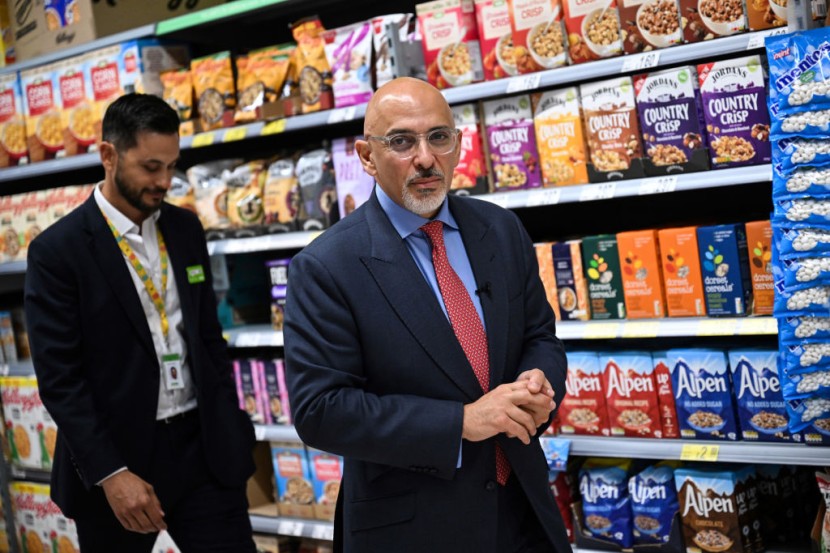
The United Kingdom recorded an inflation rate beyond 10% last month, a 40-year high for the first time since 1982, adding to the agony for families already having trouble making ends meet.
According to data released by the Office for National Statistics (ONS) on Wednesday, annual consumer price inflation increased to 10.1% in July from 9.4% in June. The biggest single cause of the acceleration in UK inflation rate was the skyrocketing price of food, which has increased by 12.7% since July 2021, per a CNN report.
The UK inflation rate was higher than expected, and food inflation is now at its highest level in 14 years, according to a Reuters survey of experts.
The ONS noted that: "All the eleven food and non-alcoholic beverage classes made upward contributions to the change in the annual inflation rate, where prices overall rose this year but fell a year ago."
Bread, cereals, milk, cheese, and eggs all contributed the most to price rises, with cheddar cheese and yogurts showing particular price hikes.
HIgher Gas Prices Also Contribute to High Inflation Rate
In July, the consumer price index increased 0.6% monthly compared to the same month one year prior. The ONS stated that increased plane costs and higher gas and diesel prices were also to blame.
Despite rising evidence of the strain on household budgets and indications that the UK economy may already be in a recession, the Bank of England will continue to face pressure to raise interest rates after last month's highest increase in 27 years.
According to information released last week, the nation's GDP shrank by 0.1% in the second quarter of this year.
Despite a 4.7% increase in average salary (before bonuses), the cost of living is surpassing wage growth and putting pressure on household incomes.
Dan Howe, head of investment trusts at Janus Henderson, noted that current inflation data serve as a "further reminder" to many UK consumers that they are confronting "a period of considerable financial hardship."
He said consumers are now dealing with rising energy prices and rising household costs, which are all made worse by a lack of effective political action. Certainly, the U.K. government must make difficult decisions amid concerns of strikes and energy blackouts, as reported by CNBC.
Expect for the Worse
There is no doubt that the cost-of-living crisis will worsen before it improves, according to Richard Carter, head of fixed interest research at Quilter Cheviot, who also projected that the Bank of England will likely respond at its next monetary policy meeting with yet another 50 basis point interest rate increase to curb rising prices.
Cheviot said: "As such, there will no doubt be a lot of pressure on the next Prime Minister to help soften the blow and the Bank of England will continue to have a very difficult job on its hands."
Though Britain is not the only nation experiencing a high inflation rate, there are indications that it will experience growing inflation for a longer time than other nations.
After falling to 8.5% in July from a four-decade high of 9.1% in June, many economists think that U.S. inflation has peaked, per Reuters.
British finance minister Nadhim Zahawi said his main concern now is bringing UK inflation under control.
Related Article : Moscow Blames 'Sabotage' After Attack on Military Facility in Crimea in Potential Ukrainian Assault
© 2026 HNGN, All rights reserved. Do not reproduce without permission.








